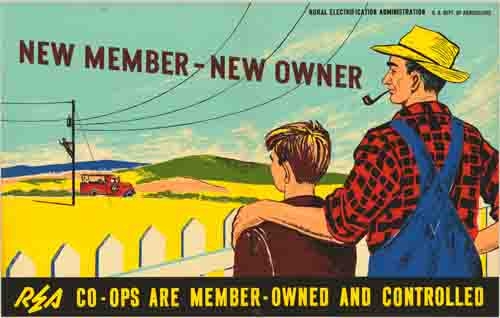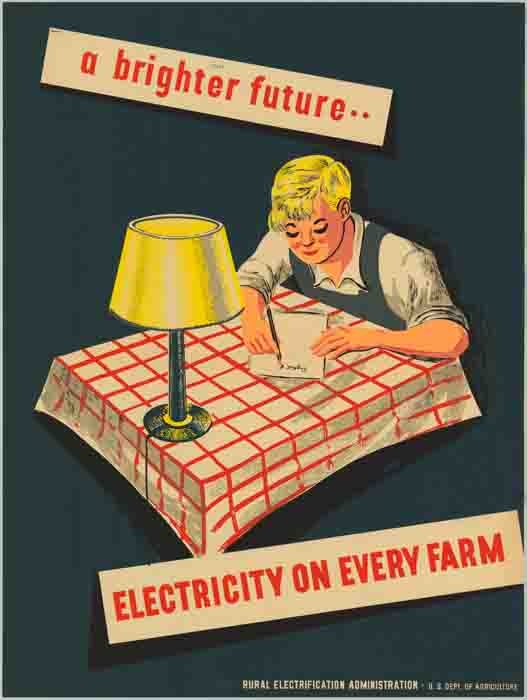4-H Electric Program
go.ncsu.edu/readext?438278
en Español / em Português
El inglés es el idioma de control de esta página. En la medida en que haya algún conflicto entre la traducción al inglés y la traducción, el inglés prevalece.
Al hacer clic en el enlace de traducción se activa un servicio de traducción gratuito para convertir la página al español. Al igual que con cualquier traducción por Internet, la conversión no es sensible al contexto y puede que no traduzca el texto en su significado original. NC State Extension no garantiza la exactitud del texto traducido. Por favor, tenga en cuenta que algunas aplicaciones y/o servicios pueden no funcionar como se espera cuando se traducen.
Português
Inglês é o idioma de controle desta página. Na medida que haja algum conflito entre o texto original em Inglês e a tradução, o Inglês prevalece.
Ao clicar no link de tradução, um serviço gratuito de tradução será ativado para converter a página para o Português. Como em qualquer tradução pela internet, a conversão não é sensivel ao contexto e pode não ocorrer a tradução para o significado orginal. O serviço de Extensão da Carolina do Norte (NC State Extension) não garante a exatidão do texto traduzido. Por favor, observe que algumas funções ou serviços podem não funcionar como esperado após a tradução.
English
English is the controlling language of this page. To the extent there is any conflict between the English text and the translation, English controls.
Clicking on the translation link activates a free translation service to convert the page to Spanish. As with any Internet translation, the conversion is not context-sensitive and may not translate the text to its original meaning. NC State Extension does not guarantee the accuracy of the translated text. Please note that some applications and/or services may not function as expected when translated.
Collapse ▲The Electric Program is coordinated through the Department of Biological and Agricultural Engineering and sponsored by: Duke Energy, Dominion Energy, and NC Assoc. of Electric Cooperatives.

The 4-H Electric Program is an informal hands-on youth program conducted by the North Carolina Cooperative Extension Service and its professional 4-H agents and volunteer adult leaders located in all 100 counties and the Eastern Band of Cherokee Indians. Youth learn about the fundamentals of electricity and magnetism, renewable energy technologies, and energy conservation. Youth learn many life skills while participating in this program, but also generate more enthusiasm for science, technology, engineering and math (STEM).
- Electric Program Overview
- Electric Congress Delegate Criteria and Program Awards
- Electric Congress Leader Responsibilities
- 2024 Electric Program Overview (pdf)
- Electric Awards Overview (ppt)
- Magic of Electricity
- Electric Presentations
Projects and Resources
Electric Congress Career Fair Video Links
- Duke Energy Lineman
- Women Fulfilling Careers in the Energy Industry
- Technology Applications in the Energy Industry
Kits and Projects
Electronic Supply Vendors & Soldering Information
- Soldering and Troubleshooting Tips
- Basic Soldering Technique
- Electronic Supplies (soldering irons, etc.)
Common Forms
Agent Resources
- Project Records Adult Volunteer Training (ppt format*)
79th Annual 4-H Electric Congress
Event Registration (4-HOnline) is open until May 1st.
Date: July 14 -16, 2026
Location: TBD
- 2025 Electric Congress Program
- 2025 Electric Congress Delegate letter
- 2025 Bus Schedules
- Edenton to UNC-Wilmington (Camden, Gates, Dare, Edgecombe, Craven, Pamlico)
- Asheville to UNC-Wilmington (Madison, Henderson, Mitchell, Yancey, Buncombe, Rutherford, Burke, Catawba, Caldwell, Alexander, Lincoln, Anson, Union, Robeson, Hoke, Scotland)
- Yadkinville to UNC-Wilmington (Surry, Yadkin, Davidson, Forsyth, Rowan, Cabarrus, Rockingham, Franklin, Chatham, Wilson, Wayne)
- 2025 Evaluation Link
- 2025 Additional Donor Addresses
- 2025 Donor Addresses
Forms (Hard copies not required. Registration is through 4-HOnline.)

- Delegate Registration and Reporting Forms
- Medical Form (pdf format*)
- Code of Conduct Form (pdf format*)
- 4-H media release form (pdf format*)
The Way We Were…
Electric Congress Photo Archives
Date 1937
The N.C. 4-H Electric Program is steeped in the states extension history. It dates back to the days when extension electrification demonstration programs were essential to the success and development of rural America and its farms. The demonstration trailer shown below was widely used in 1937 to demonstrate how electricity could be use in the home and on the farm.

Date 1950-60
Back in the day Electric Congress was known as the Farm and Home Electric Congress.
 |
 |
| award winners 1950 | 1960 club members giving a demonstration |
Date 1940-1950
Library of congress electricity posters from the early 1940-1950’s.
President Roosevelt issued an executive order that created the Rural Electrification Administration (REA). May 20, 1936, Congress passed the Rural Electrification Act. The REA was part of a relief package designed to stimulate an economy still in the grip of the Great Depression.
 |
 |
Contact:
Grant Ellington
Extension Associate Professor
NC State University
Bio & Ag Engineering
Campus Box 7625, Raleigh,
North Carolina 27695-7625
PHONE: (919)-515-6793
FAX: (919) 515-6772
grant_ellington@ncsu.edu


